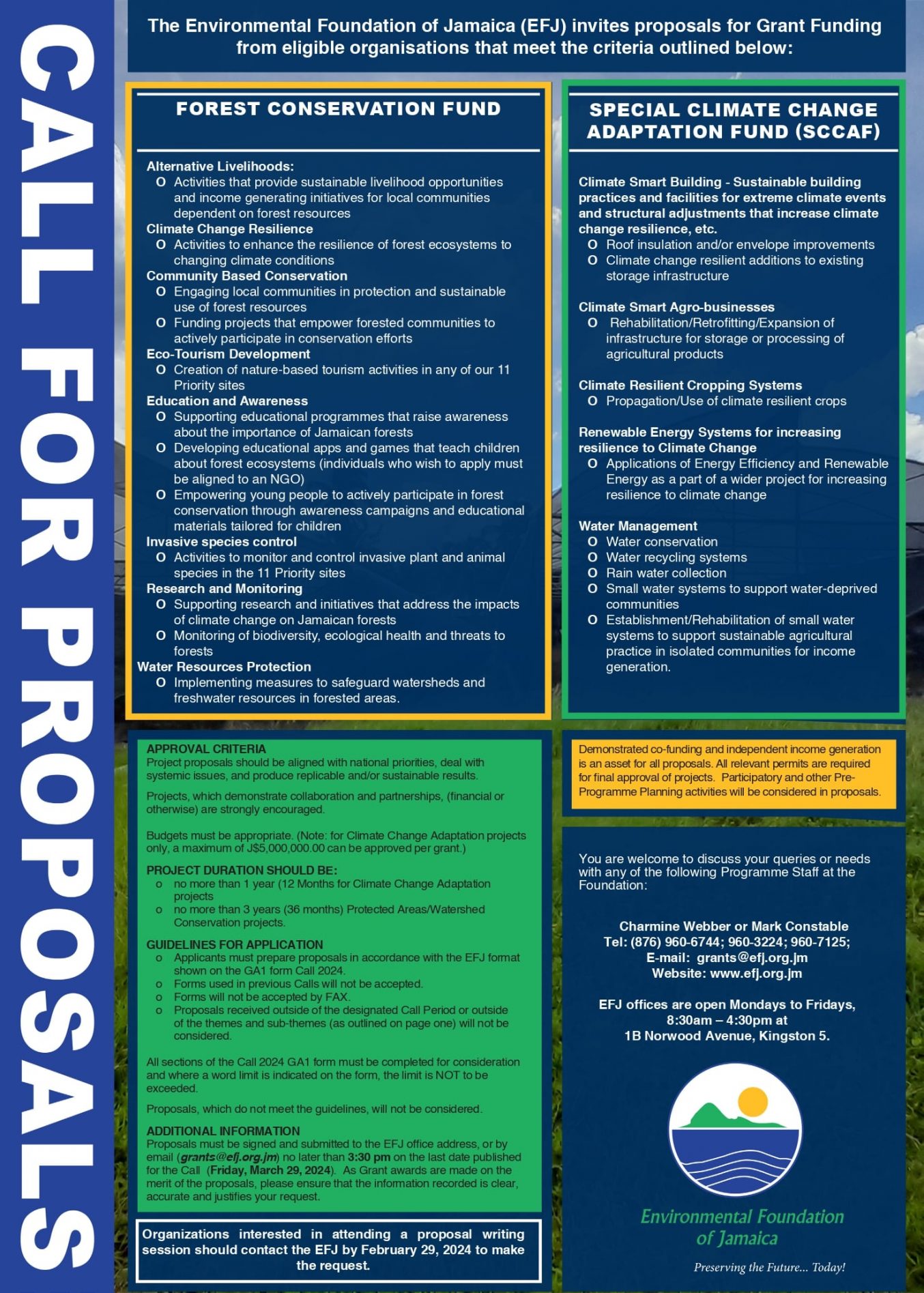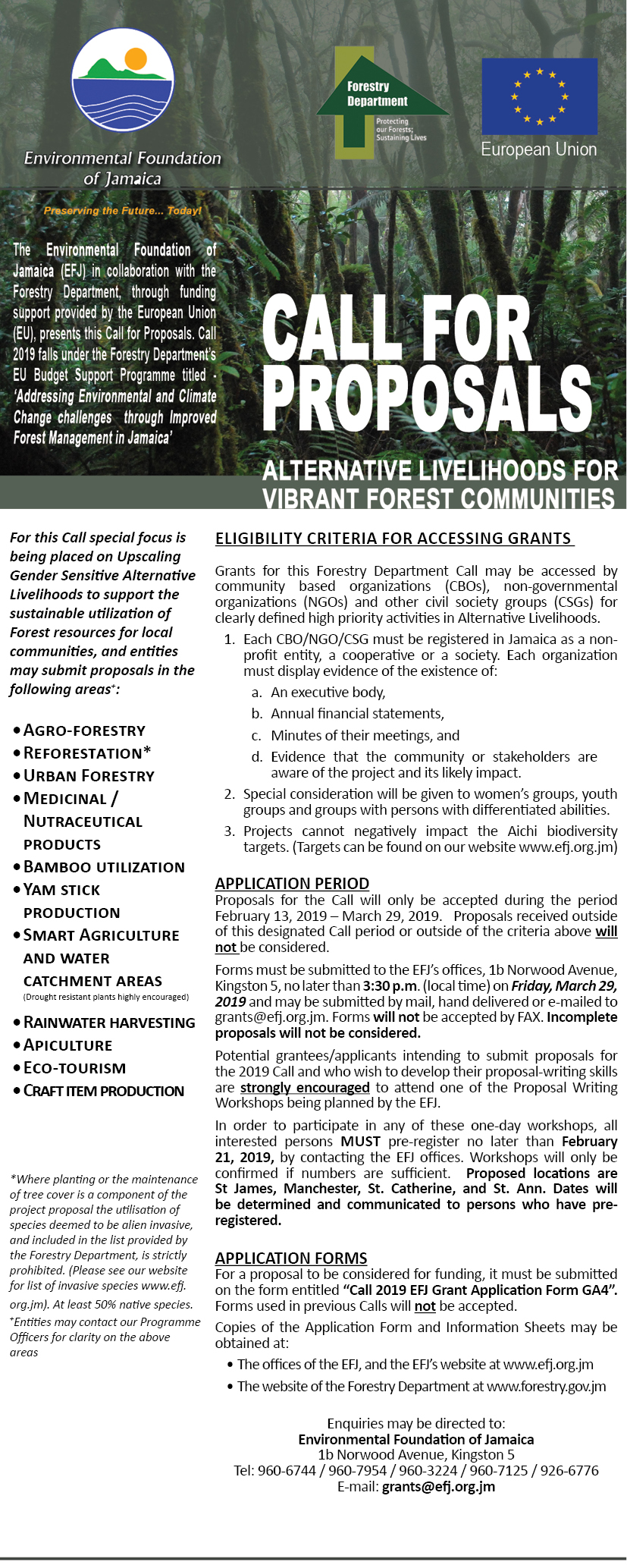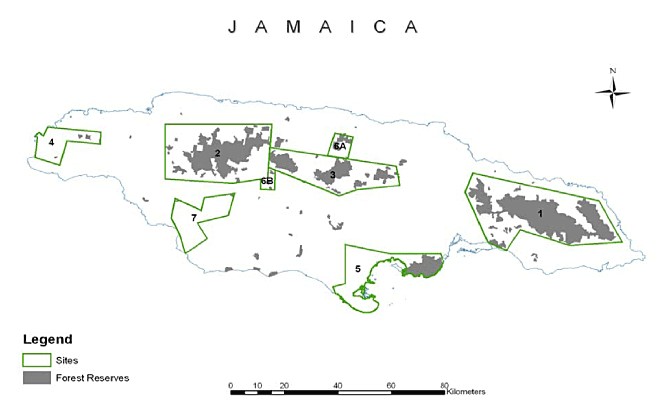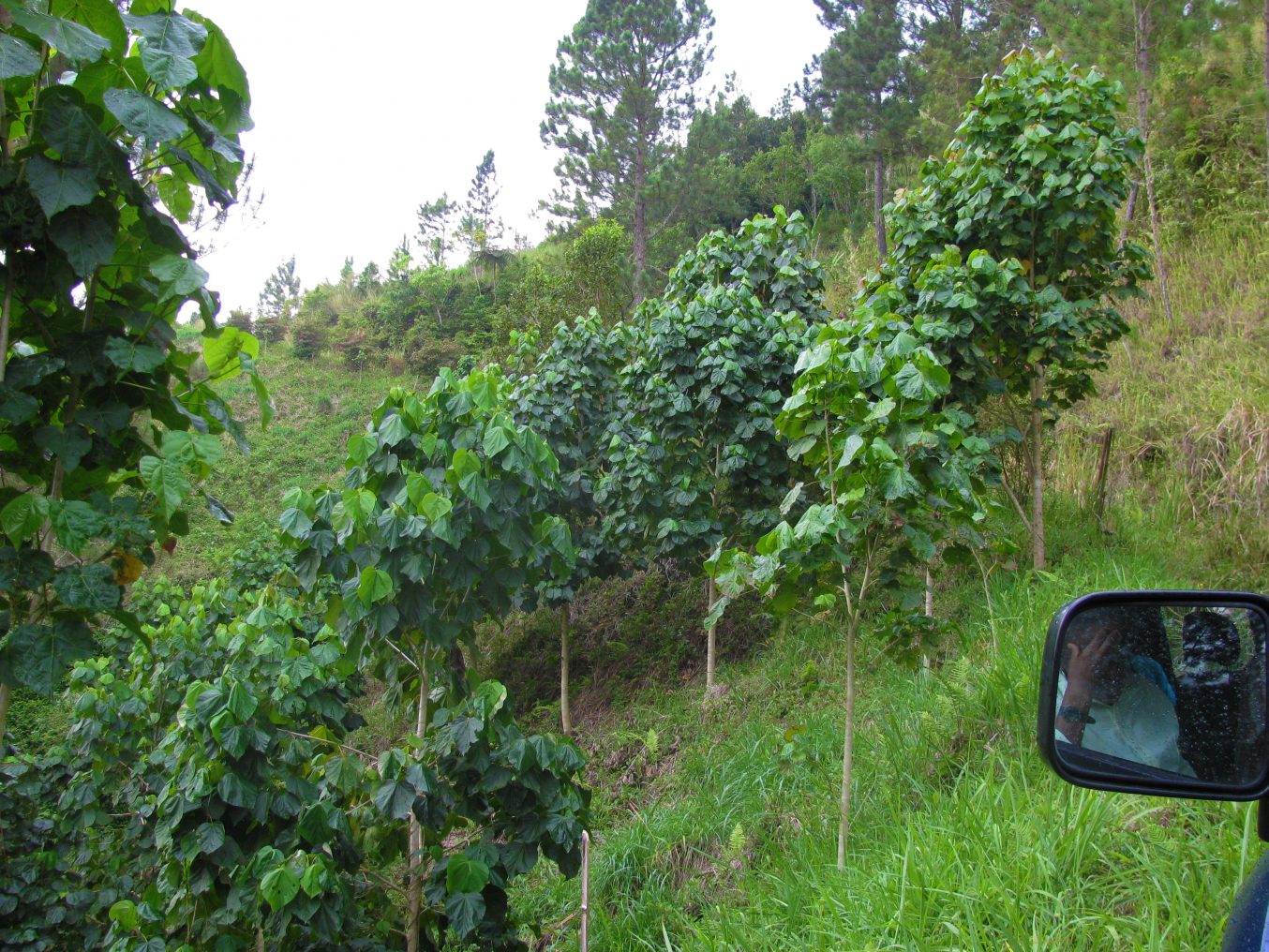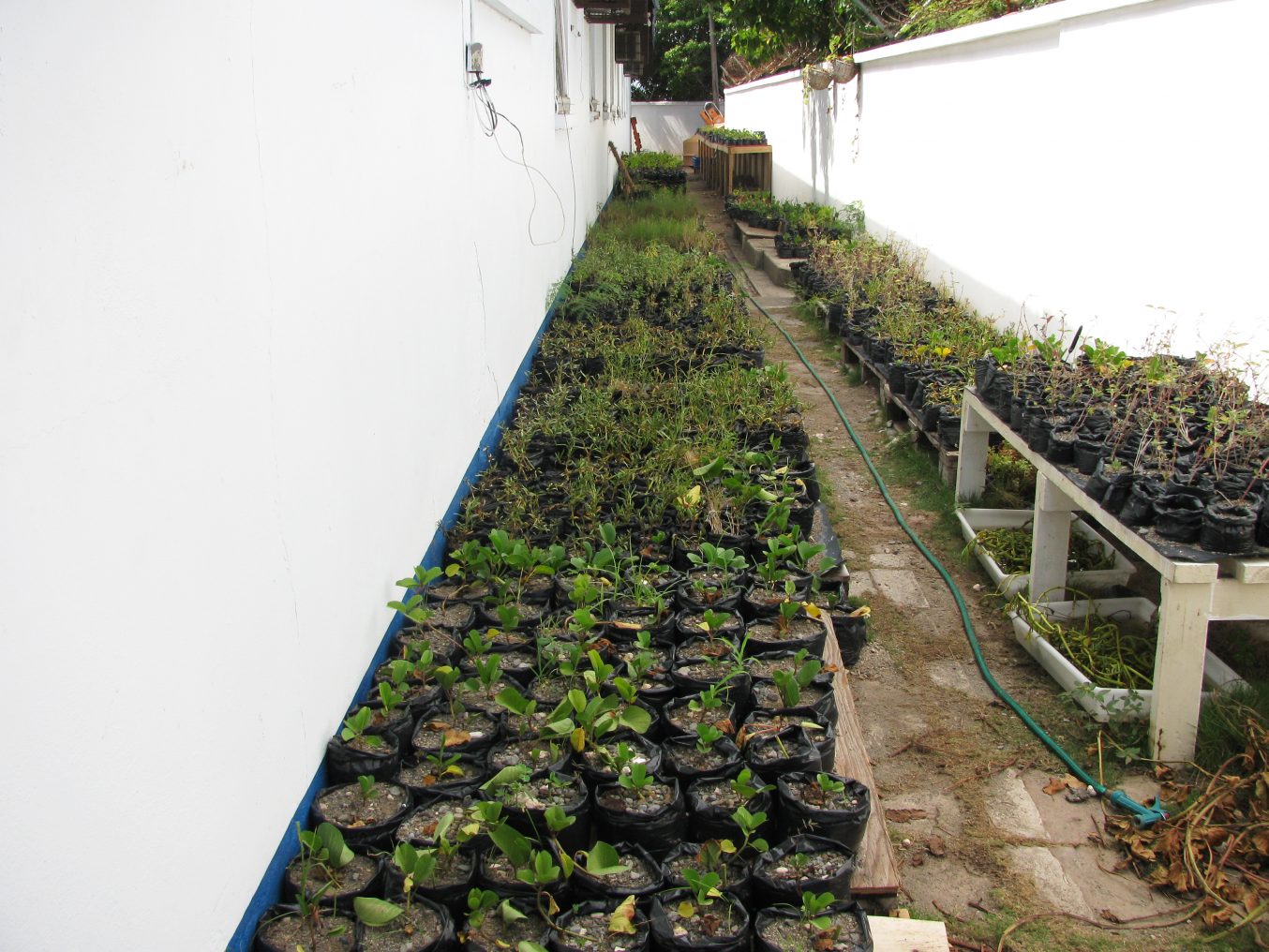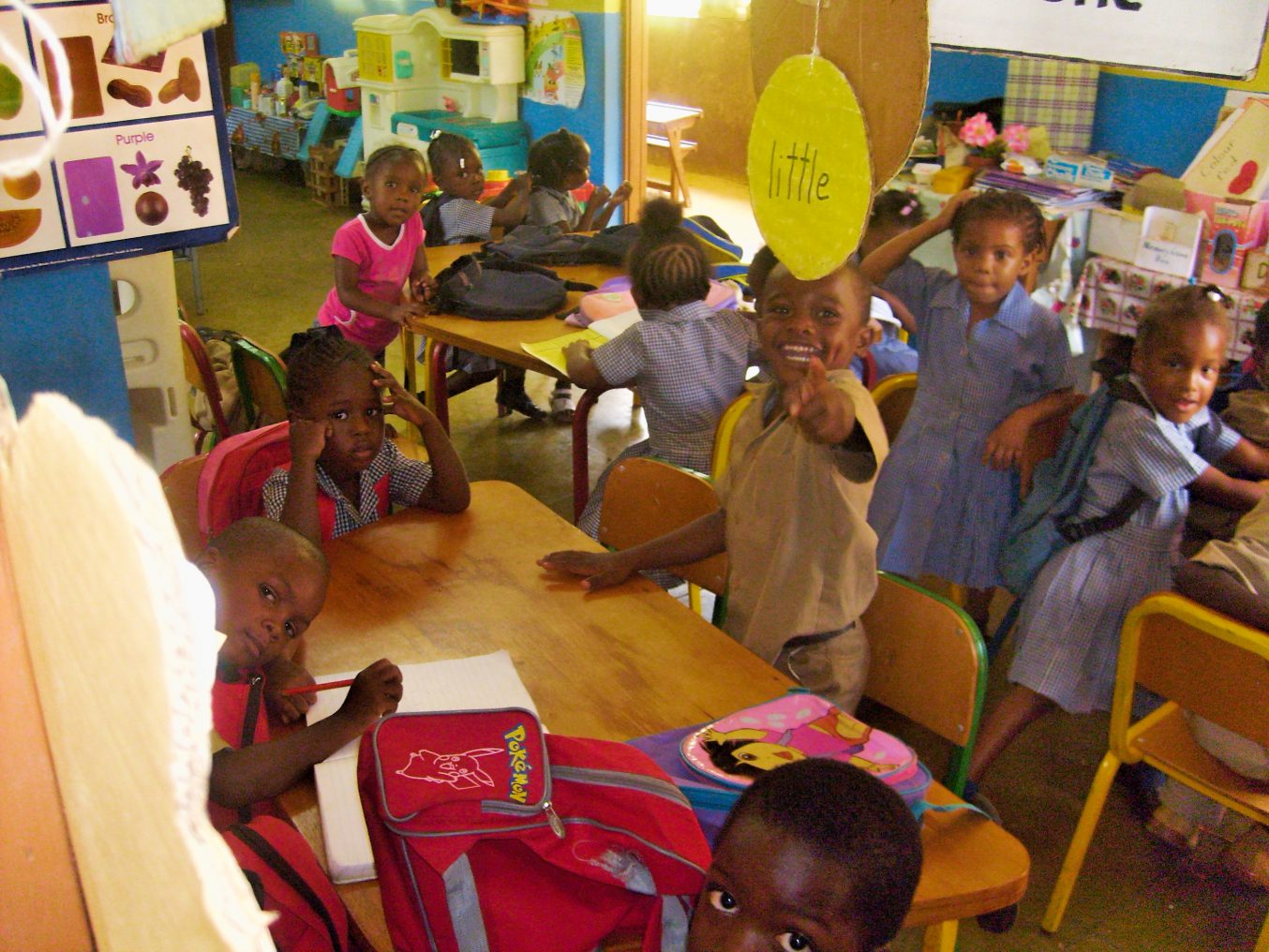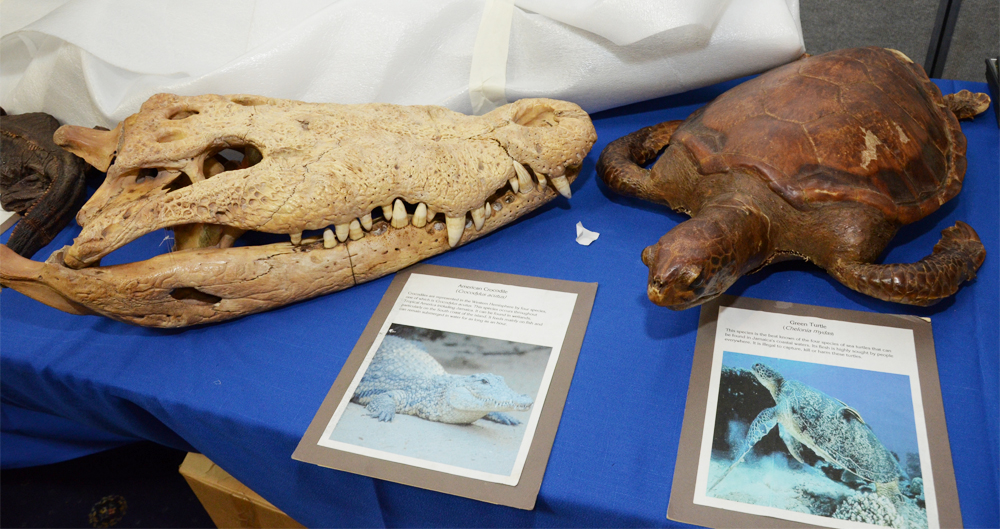How did Jamaica celebrate Earth Day 2017?
Ironically, this year’s theme, Environmental and Climate Literacy, seemed especially appropriate. After the devastating floods in several parishes on Earth Day, a number of activities planned for the day were postponed. As the rains persisted, the message was very clear: We need to learn and understand more – much more – about climate change and how it impacts our environment and ourselves.
Despite this year’s watery celebration in Jamaica, Earth Day has steadily gained stature in the past decade. The growth of social media has helped to strengthen important messages on climate change in a wealth of formats, from memes to videos and live messages. While catchy slogans and visuals on Facebook are useful tools, there is now a pressing need for individual and collective action. This year’s celebrations coincided with the March for Science in the United States and elsewhere, which again emphasized the importance of critical information and science education at a global level.
The Environmental Foundation of Jamaica (EFJ) has for a number of years focused on disseminating information on topical environmental issues, through its annual lectures by distinguished speakers (a series of regional mini-lectures is planned for parishes particularly affected by climate change this year). The EFJ has also organized Earth Day Expos, targeting primary and secondary school audiences. At the 2013 Expo, EFJ Chair Professor Dale Webber noted that raising awareness of environmental issues among the students will enhance their roles as environmental leaders and mentors to younger ones. It’s a question of “Each one, teach one.”
The EFJ, in collaboration with the Ministry of Economic Growth and Job Creation, through funding of US$1.4 million provided by the Inter-American Development Bank, continues to support hands-on practices through climate change adaptation grants. One example is the food security program at The Moneague College in St. Ann. Through its J$3 million grant, the College will establish a greenhouse, using rainwater harvesting and an organic waste facility donated by the EFJ. The project is creating synergies with a successful working greenhouse farmer and the nearby Schwallenburgh Windalco/JBI Community Council, from whom students will learn and put their skills into climate-smart practices, obtaining grades for their work. This is the education in action.
As the rains recede and the damage is counted, one thing is clear: Jamaicans need to take a long, hard look at their environmental practices. They need to take the Jamaica Environment Trust’s Nuh Dutty Up Jamaica message to heart. Right across the nation, in all communities and from the little ones upwards, Jamaica needs to go into a steep learning curve. Environmental and climate change literacy is a must.
